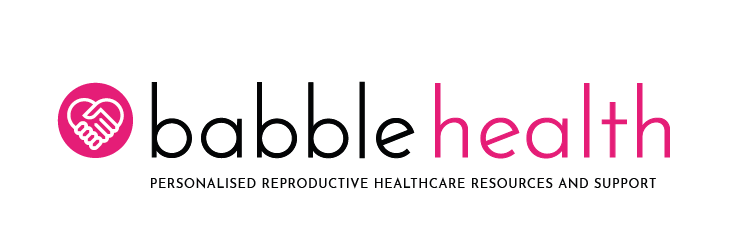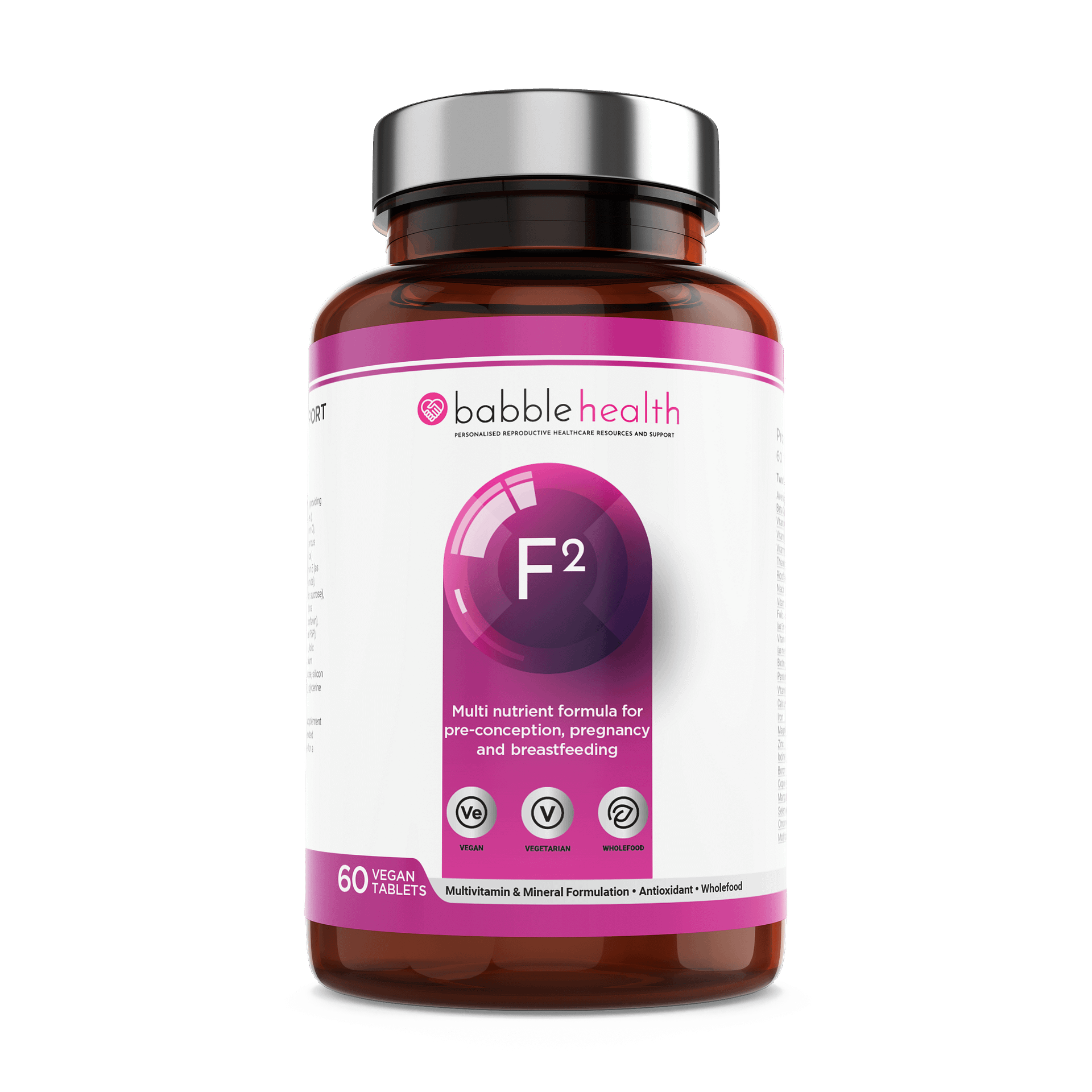Kellogg’s, the international cereal brand, has just announced that it will soon offer fertility, menopause, and miscarriage leave to its 1,500 staff members. The company plans to roll out these new benefits to staff in Trafford, Salford, and Wrexham
In a first for the multinational corporation, Kellogg’s will offer extra paid leave for any staff members going through fertility treatments. They’ll also extend additional leave to any employees who experience miscarriage or stillbirth. Kellogg’s wants to help its employees feel “psychologically safe” in the organisation.
This new policy announcement comes on the same day as MPs are voting on a private members’ bill. If it passes, hormone replacement therapy will be offered on the NHS for anyone going through the menopause in England. Does this mark a new era of sensitivity to issues often seen as affecting only women and which are therefore minimised and ignored?
Kellogg’s says it does. Their spokesman says the company wants to break the silence around these issues, which are often thought of as ‘taboo’ topics that are unsuitable for the workplace. They’ve committed to training their managers and senior staff on how to speak sensitively about the menopause and pregnancy loss. Sufferers will not need to provide a doctor’s note to qualify for paid leave.
They’re not alone – according to Fortune, a number of other UK companies are now offering support and paid leave for miscarriage, including Monzo, Barking and Dagenham Council, and Channel 4.
This is still not the case for most companies across the country. According to Kate Hindmarch, partner at Langleys Solicitors, most workplaces do not offer any leave at all. She says, “in some organisations, the only option for those affected is to take pregnancy-related sick leave that is often paid at a fraction of their normal wage. This means that they will have the added stress of dealing with the loss of earnings while trying to grieve.”
Kellogg’s is leading the way, and they hope to inspire other companies to do the same
In addition to paid leave, they’ll ensure that any staff members undergoing fertility treatments have access to a private space where they can administer their injections. In addition, they’ll be offered three blocks of leave per annum, all part of Kellogg’s commitment to “launching several new workplace policies for even better equity and inclusion.”
Sam Thomas-Berry, Kellogg’s European vice-president in human resources, is excited to launch the new policies. “Many people experience these issues, and the impact can be both physical and mental, but they aren’t discussed widely in the workplace.”
“We want to create a culture where people feel psychologically safe, so we’ll encourage colleagues to be allies to others impacted by these issues.”
What do you think about Kellogg’s new policies? Do you or someone you know work for Kellogg’s, or do you hope that your company follows their lead and introduces similar benefits? Share your thoughts below.















